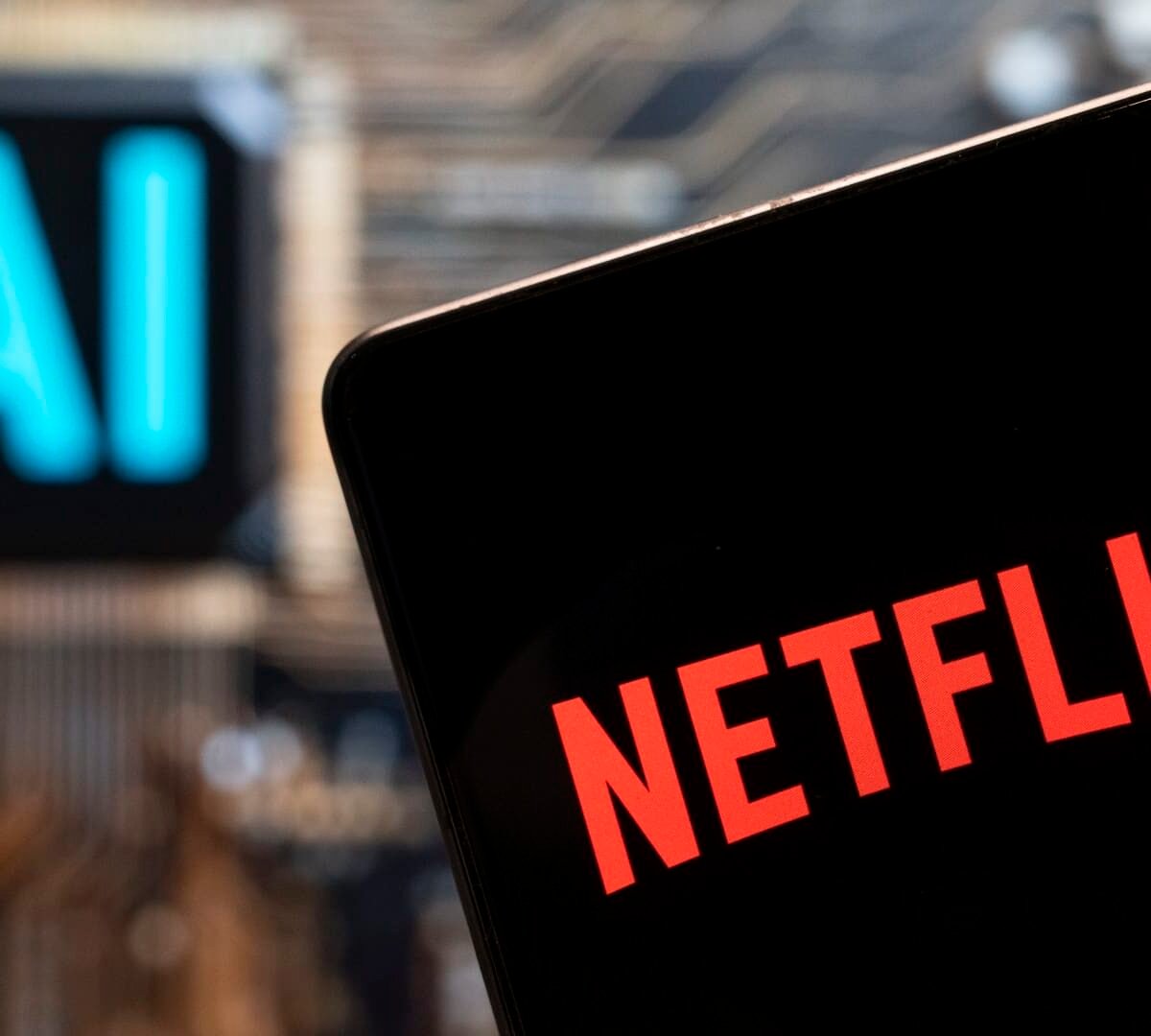Netflix’s Commitment to Generative AI: Transforming the Streaming Experience
Netflix has officially declared its commitment to leveraging generative artificial intelligence (AI) on its platform, marking a significant milestone in the evolution of streaming entertainment. Announced during the company’s recent earnings report, this initiative highlights AI as a core focus area for Netflix, which remains the largest streaming service globally by subscriber count.
AI in Action: Enhancing User Experience
Netflix has been using machine learning and AI technologies for several years, particularly for its title recommendation algorithms, which analyze user preferences to suggest relevant content. The company emphasized that generative AI offers a "significant opportunity" to enhance various facets of its platform, including recommendations, advertising, and even the creation of original movies and TV shows.
In a recent shareholder letter, Netflix expressed its ambition to empower creators with a wide array of generative AI tools designed to support their creative visions. This is not just theoretical; the company provided real-world examples. The upcoming film Happy Gilmore 2 utilizes generative AI to de-age characters, while pre-production phases of the series Billionaires’ Bunker employed AI tools for wardrobe and set design explorations.
Navigating Concerns About AI Replacement
While Netflix is excited about the transformative potential of AI, there are undeniable concerns within the entertainment industry regarding its impact on human jobs. Many industry professionals worry that AI could eventually replace human storytellers and artists, sparking debates about the ethical implications of such technology.
CEO Ted Sarandos addressed these issues head-on during an earnings call. He underscored that while AI could enhance storytelling capabilities, it lacks the innate human element that makes great narratives compelling. “We’re confident that AI is going to help us and help our creative partners tell stories better, faster and in new ways—we’re all in on that,” he remarked, reinforcing the notion that human creativity remains irreplaceable.
Industry Backlash and Union Concerns
Despite Netflix’s optimistic stance, skepticism about AI’s role in creative fields persists. A recent incident involving an upstart production studio called Particle6 drew substantial criticism for its plans to create, manage, and monetize AI-generated actors and talent. This issue hit home for organizations like SAG-AFTRA, which previously led a significant actors’ strike that included concerns about the use of AI in the industry.
The strike, lasting more than 100 days, was finally resolved with a tentative agreement that established contractual protections regarding AI for performers. This milestone showcases not only the tension between technology and traditional roles in Hollywood but also the industry’s cautious approach to embracing AI.
Emphasizing Responsible AI Use
In light of these concerns, Netflix has taken proactive steps by releasing a set of AI-focused production guidelines aimed at its creators. These guidelines aim to ensure that the use of AI tools is responsible and beneficial for all parties involved, including actors and crew members.
By prioritizing ethical practices, Netflix is attempting to carve out a space where creativity and technology can coexist harmoniously, while also addressing the legitimate fears of industry professionals.
Conclusion
Netflix’s foray into generative AI represents a bold step toward reimagining the streaming landscape. While the company remains enthusiastic about the potential benefits of AI, the ongoing conversations surrounding its impact on labor in the entertainment sector highlight the complexities of integrating this technology responsibly. As the dialogue continues, Netflix is positioning itself at the forefront of innovation, balancing excitement with caution in an industry rife with uncertainty.





